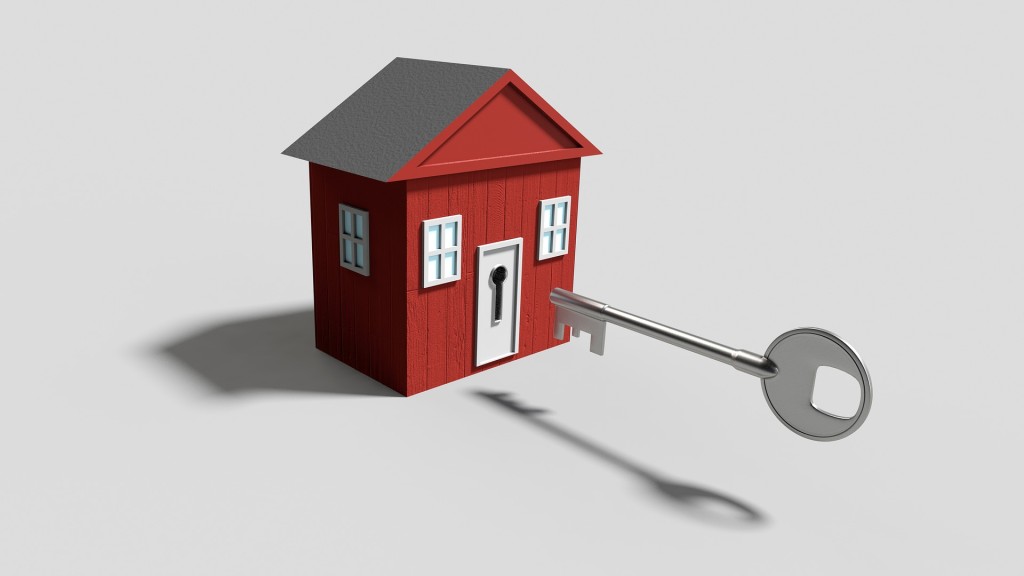Buying your first home is exciting! Start out by considering your needs, wants, and wishes for your new home. Some first time buyers want to start out smaller and buy the classic “starter home.” Others prefer to wait until they are financially ready to buy a home they plan on staying in for several decades.
What can you afford? How should you run some initial calculations?
Several factors play into what your monthly mortgage payment will be. First, what is the amount you plan on borrowing (cost of the home minus your down payment)? Second, what is the interest rate you will be charged by the bank? A quick Google search will give you a good idea what current mortgage interest rates are. The length of your mortgage also makes a difference. If you choose a 15-year mortgage, your payments will be higher and interest rates will be lower when compared to a 30-year mortgage. There are several mortgage calculators online that will tell you your monthly payment based on the information above. For example, here is one from Bankrate.com.
Next, we need to add taxes and homeowner’s Insurance to our initial monthly payment. Taxes may include city/town, village, and school taxes. Various home listing websites list current taxes for a given property, however usually the most accurate source of tax records is your local government’s website. Add the monthly cost of taxes and insurance to the mortgage payment you calculated above.
How do you know what you can afford to spend? You should track your income, make a budget, and be very sure of how much wiggle room there is for increased expenditure on housing. In some cases buying a house can decrease your monthly housing expense (or keep it about the same). Spending a maximum of 28% of your gross monthly income on housing expenses is a good rule to follow. Housing expenses include principal, interest, taxes, insurance, and any homeowner’s association fees. Home maintenance expenses can be a wild card. You should always get a home inspection even though they cannot guarantee they will catch every problem. Surprises are inevitable; you should make sure you maintain a sufficient emergency fund so you can easily cover unexpected repair costs.
Traditionally banks require a 20% down payment on your home. Even if you do not have the required savings in the bank, it doesn’t necessarily mean that home ownership is impossible. You can pay the bank what is called private mortgage insurance (often abbreviated PMI). It typically is an additional item on your monthly mortgage statement and it protects the bank if you stop making your mortgage payments. PMI can typically cost anywhere from .5% to 1.5% of the loan amount. You can request that the bank remove PMI once you have accumulated 80% in equity. The bank is required to remove the PMI payment when you have 78% in equity for conventional loans. You can determine the equity you have in your home by taking the current loan amount divided by the home’s value. For example if you owe $170,000 on your home and the value is $200,000 you have 85% in equity.
Start Shopping
You may have heard the terms buyer’s market and seller’s market before. The difference between the two comes down to classic economics, supply and demand. A seller’s market is characterized by a low supply of houses and a lot of interested buyers, a buyer’s market is characterized by a high supply of houses and few buyers. If you are shopping in a buyer’s market you’re in luck, if you’re shopping in a seller’s market you may need to prepare for bidding wars. Low interest rate environments tend to spur housing demand because it reduces the costs to get a mortgage while higher interest rate environments might dissuade would be buyers.
To start, you need a preapproval from the bank. The process is usually straightforward. They will ask you several questions, pull your credit file, and generate a letter stating your approval amount. Keep in mind that just because you were approved for a certain amount does not mean that amount is how much you have to spend: make sure you stay within your budget. As a first time home buyer you might not have a good idea of what you can get for your money in various areas but you will get a sense for this once you start shopping. As with most things in life you will find that compromising is an inevitable part of the home buying process.
You could decide to work with a real estate agent, or go it alone. If you work without a real estate agent you will have to find houses for sale you would like to look at and arrange a viewing. Typically the seller of the home pays your real estate agent’s commission, so as a first time owner a real estate agent is one expense you don’t need to worry about. Several major real estate sites like Zillow allow you to search specifically for sale by owner homes. In New York State obtaining a lawyer to draft various legal documents to purchase a home is a must.
Elise Murphy, CFP®
Financial Advisor


